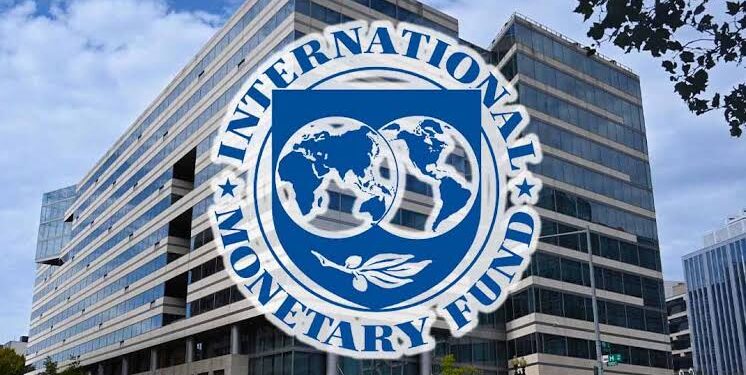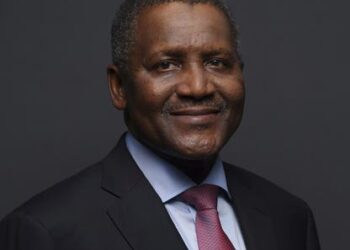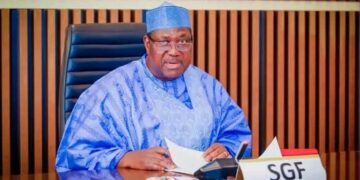The International Monetary Fund (IMF) has projected that Nigeria’s economy will grow by 3.0 per cent in 2025, this is according to its latest World Economic Outlook report released on Tuesday.
However, the current Medium Term Expenditure Framework (MTEF) forecasts the economy to grow at 4.6 per cent in 2025, yet with targets of the last ten years missed by an average of 41.57 per cent, this may become another hopeful projection.
The organisation also projects a 2.7% growth rate for the country in 2026.
The global financial institution noted that while Nigeria faces significant challenges, particularly with inflation, forex volatility, and weak infrastructure.
It furthered that recent policy adjustments, such as the partial unification of exchange rates and removal of fuel subsidies, could enhance investor confidence and stimulate economic activity if properly implemented.
The new forecast represents a 0.2 percentage point reduction from the Fund’s previous projection of 3.2%.
According to the report: “For sub-Saharan Africa, growth is expected to decline slightly from 4.0% in 2024 to 3.8% in 2025, before recovering modestly to 4.2% in 2026.
“Among the larger economies, the growth forecast for Nigeria is revised downward by 0.2 percentage point for 2025 and 0.3 percentage point for 2026, owing to lower oil prices.”
The IMF also noted similar economic pressures affecting other major African economies: “In South Africa, the growth forecast is revised downward by 0.5 percentage point for 2025 and 0.3 percentage point for 2026, reflecting slowing momentum from a weaker-than-expected 2024 performance, deteriorating sentiment due to heightened uncertainty, intensification of protectionist policies, and a deeper slowdown in major economies.”
In a more drastic revision, the IMF also slashed South Sudan’s 2025 forecast: “South Sudan has a downward revision of 31.5 percentage points for 2025 due to delays in resuming oil production following damage to a key pipeline.” (vitalnewsngr.com)






















